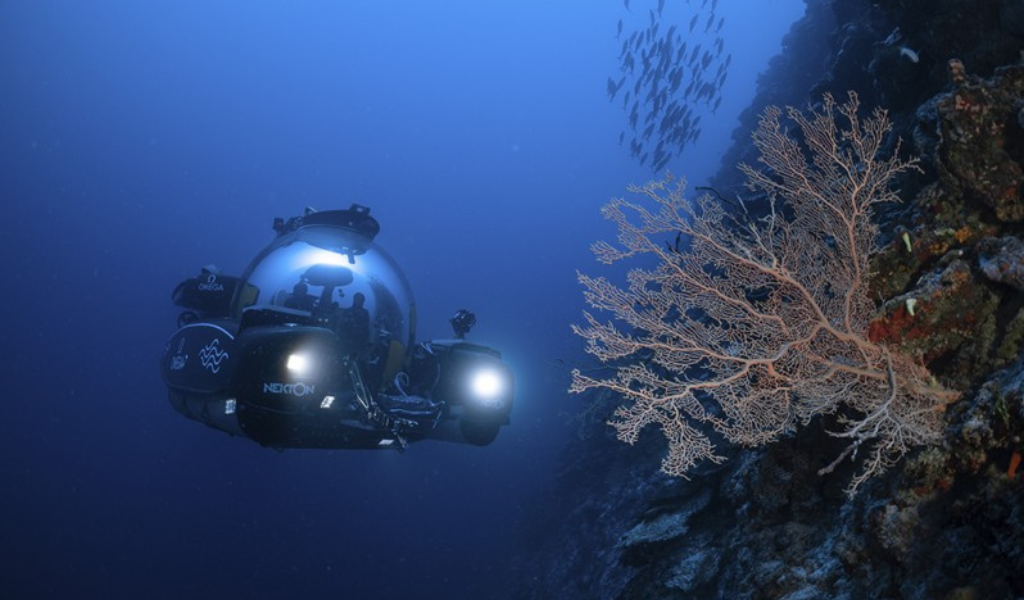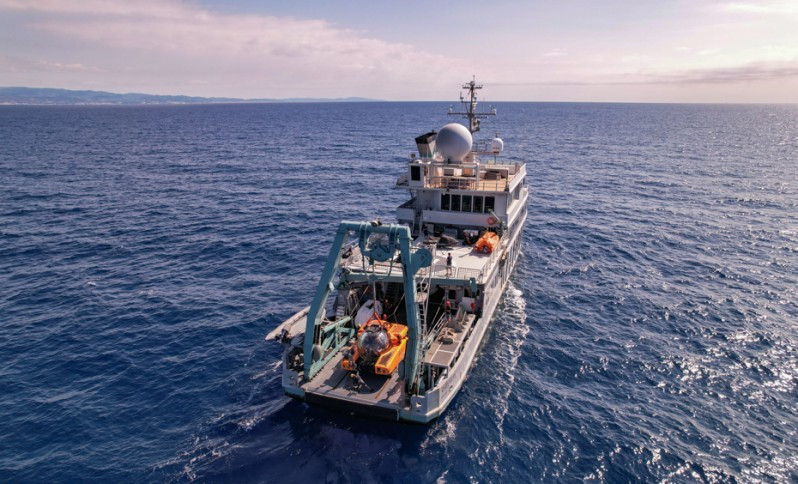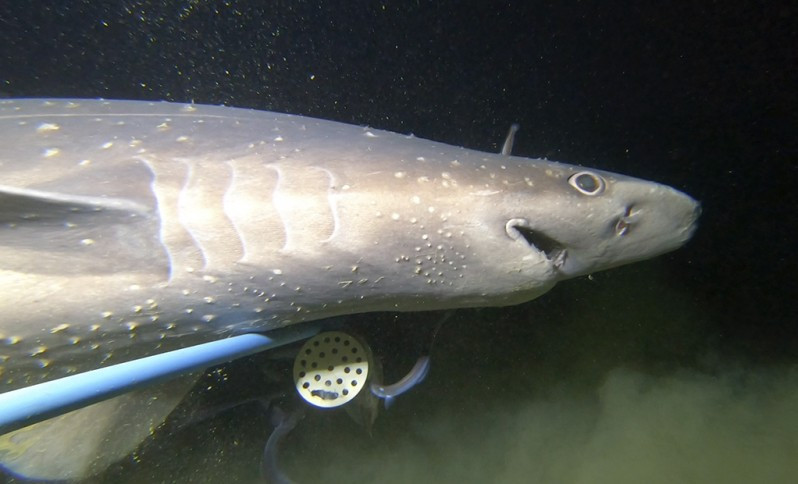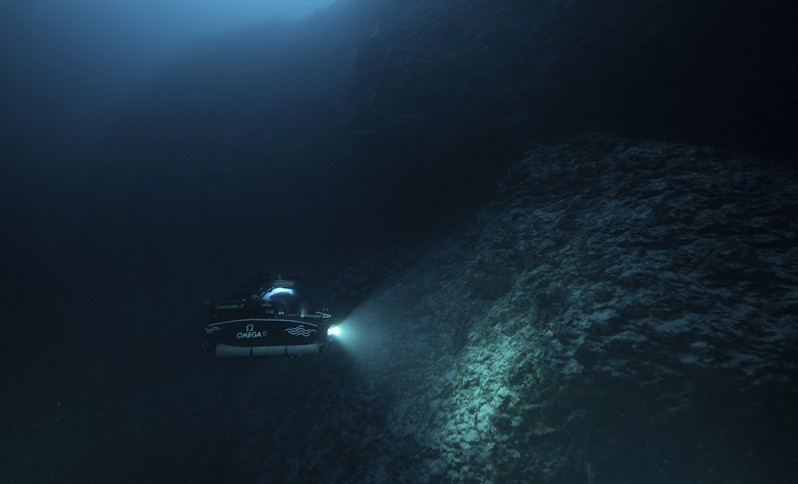

Nekton Maldives Mission Discovers New Ecosystem In The Depths
Tuesday 11th of October 2022
Yesterday, Nekton Mission Maldives announced the discovery of a new ecosystem at 500 metres below the surface in what they deem as a ‘The Trapping Zone’. The oasis of oceanic life present at these depths is likely to be a previously undescribed ecosystem, shedding new light into the combat against climate change.
The Nekton Principal Scientist, Professor Lucy Woodall explained “Image data, combined with the biological samples we have collected from our submersibles and extensive sonar mapping all point to megafauna predators such as sharks and other large fish feeding on swarms of micro-nekton- small swimming creatures that are trapped against the subsea landscape at that depth”.

Volcanic subsea strata and fossilized carbonate reefs form the foundation of the Maldivian atolls and these combine steep vertical cliffs and shelving terraces, trapping species from diving any deeper during the daylight hours. The trapped creatures are usually Vertical Migraters, meaning they migrate from the deep sea to the surface at night and dive back down into deep at dawn. However, since these creatures become trapped they are targeted by large pelagic predators, including schools of tuna and sharks and even renowned, large deep-water fish like the Spiky Oreo and Alfonsino.
Director General of Maldives Marine Research Institute, Shafiya Naeem elaborated “We’ve observed sharks in shallower waters quite extensively in the Maldives before, but for the first time we’ve been able to document an immense diversity of sharks in the deep sea. Tiger sharks, six gill sharks, sand tiger sharks, dog fish, gulper sharks, scalloped hammerhead sharks, silky sharks and the rare bramble sharks have all been documented.

Although the trapping effect has previously been attributed to biodiversity hotspots on subsea mountains and seamounts, this was the first time a connection was made to oceanic islands, like the Maldives, featuring a different geomorphology and biological parameters.
Currently, analysis of video and biological data is being conducted at Nekton’s UK headquarters in Oxford and partner laboratories. Nekton Maldives Mission believes that the discovery could have significant implications for other oceanic islands, slopes of continents and ultimately in the mitigation of climate change as a whole.
“Maldives, a coral atoll archipelagic nation is facing existential threat caused by human impacts and climate change. For our survival as a nation, we ought to look for science-based solutions that help us to mitigate and adapt to the disastrous effects of climate change. The evolutionary history of this beautiful coral nation is written as a record on the bedrock, deposits and the fauna of the deep. This Mission is shedding light on how we may use the science to survive as a nation “said Dr. Hussain Rasheed Hassan, Minister of Fisheries, Marine Resources and Agriculture of Maldives.
